Zimbabwe: Before You Go
- Check if you require to enter the country at the Zimbabwe Department of Immigration (https://www.evisa.gov.zw/home).
- If you require a visa, please register before you travel using this link: Visa service
- A KAZA Univisa allows easy movement between Zambia and Zimbabwe to see the Victoria Falls.
- Zimbabwe’s currency is the dollar but major currencies like US dollars, euros and pounds sterling are accepted. US dollars are the most widely circulated and can be used for all purchases on your trip.
- Do not change your currency into Zimbabwean dollars as they are not accepted. Rather opt for US dollars.
- Consider bringing US dollars in small denominations for tips and purchases (vendors are often unable to give change for notes larger than USD10 so will encourage you to buy something extra or give you change in a combination of US dollars and kwacha). It is better to bring the majority of your cash in US1, USD5, USD10 and USD20 – avoid USD50 and USD100 unless you use them for tipping staff or buying visas.
- If possible, always use banks or official bureaus de change to exchange currency. Local traders may not give you the best possible exchange rate. Banks and bureaux de change can be found at international airports and in Victoria Falls Town, Harare and Bulawayo.
- Diners Club and Amex are not widely accepted. Please bring an alternative card.
- Some establishments may levy a surcharge on credit-card payments.
- Please inform your bank that you will be travelling to Zambia so that your card is not blocked when you try to use it.
- ATMs / cash points are available in Victoria Falls Town, Harare and Bulawayo. It is best to avoid using cashing points as you may be issued Zimbabwean dollars, which are not widely accepted. It is better to bring cash with you than rely on drawing it.
- Almost all lodges and camps have Internet connections but speeds and strengths can vary, especially in more remote areas. Locations for connectivity (for example, your room only or the common areas only) can also differ.
- SATSA’s eSIM product and data can be purchased online before you travel. Once you land, you can activate the eSIM option on your mobile phone for instant connectivity rather than purchasing a SIM card from a retailer (which may come with administrative or legal requirements). Click for more information: SATSA eSIM
- Gratuities are never mandatory but are always gratefully received. The average employed person supports up to seven other people so tips that supplement their incomes are very welcome.
- Guides can be tipped in cash at the end of your time with them. We suggest USD10 to USD15 per day per person as a guideline.
- Lodge staff are generally tipped via a box in the reception area at the end of your time there or given to the manager in front of other staff by saying that the gratuity is for everyone. We suggest USD10 to USD15 per person per day. It is not usual to leave money for housekeeping in your room.
- Porters can be tipped USD1 to USD2 per bag.
- For restaurants, add 10% of the total bill and round up as a gratuity.
- Your consultant will break down all costs that are covered by your itinerary and those that aren’t. Generally, extras include souvenirs, premium wines and spirits, activities not included, meals not included and personal expenses.
- Eating out in Victoria Falls Town and elsewhere is generally affordable but please note that wines, imported beers and international spirits can be more expensive.
- Please ensure you have comprehensive medical and travel insurance to cover all eventualities, including evacuation and CFAR (cancel for any reason) coverage (if possible).
- There are no compulsory vaccinations needed to enter Zimbabwe unless you are passing through a yellow fever zone. Please consult your doctor or travel clinic if you require vaccinations to re-enter your own country.
- Enquire from healthcare practitioners about boosters or vaccinations around hepatitis A and B, cholera, yellow fever or typhoid.
- There is a risk of malaria in Zimbabwe. Consider prophylaxis and/or take preventative measures to avoid getting bitten such as using insect repellent, avoiding bright colours that attract mosquitoes, and wearing socks, long-sleeved shirts and trousers from sunset.
- All the global safety standards apply: watch your belongings, be aware of your surroundings and keep to well-lit, main areas.
- On safari, always obey any instructions from guides, rangers or lodge staff.
- Do not try to attract wild animals’ attention under any circumstances, leave the vehicle without permission, or walk and swim in areas that are out of bounds.
- Some vendors or traders will try to get your attention: a polite greeting and expressing your regrets with a firm, ‘No thank you’ and a smile is all that is needed. Do not make promises to return to their stall or patch to make purchases if you have no intention of doing so – this is inconsiderate.
- In the markets, consider starting at the back with the vendors who get the least amount of foot traffic. In addition to foreign currency like US dollars, pounds sterling and South African rands, many are also willing to trade goods for items like toiletries, razor blades, batteries, headlamps, shoes, belts, socks and so forth. If you are ending your trip in Victoria Falls Town, consider trading (or, even better, donating) surplus items to traders.
The main plug types in Zimbabwe are D and G.
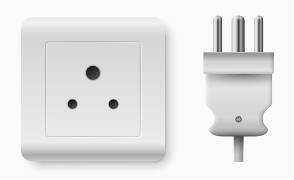
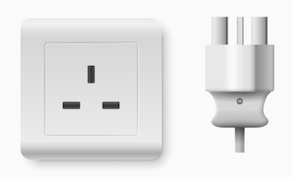
- Some lodges and camps have international plug adapters but it is best to bring your own.
- The voltage is 240V and the frequency is 50Hz so be sure to check that your appliances are compliant – you may need to bring a voltage converter.
- Many lodges have solar power and the staff will inform you when this is available and what appliances it can run. Charging phones and camera batteries is straightforward but running hairdryers and CPAP machines can be problematic so please chat to your consultant.
- While tents have lighting, it can sometimes be dim. A headlamp is a great addition and helpful when packing luggage or checking documentation.
- It is not necessary to buy specialist safari gear unless you are going on a lengthy walking safari. Your luggage limit is 15kg / 33lb in a soft bag.
- Choose the colours of nature: greys, greens, browns and khakis. Avoid bright colours like red and yellow; avoid blacks and blues as they attract tsetse fly; avoid whites as they provide too much contrast against the bush.
- Choose natural fibres.
- Long-sleeved shirts and trousers protect you from the sun, insects and thorns.
- Closed shoes, sunglasses, sunscreen and a cap or hat are highly recommended.
- Early mornings and late evenings can be cold so bring fingerless gloves, a scarf, beanie and jacket.
- Rural Zimbabweans are modest: avoid revealing large expanses between your knees and shoulders as these are considered private areas. Cover up after leaving the pool and walking to your room.
- As far as possible, bring eco-friendly toiletries.
- Bring extras of necessities like contact lenses, medications and reading glasses.
- At lodges that are solar powered, hairdryers can generally not be used.
- Aim to be comfortable and dress in layers.
- Avoid hard shell suitcases, strong perfumes and expensive jewellery.
- Bring extra underwear as often these items are not accepted by the lodge laundry service (see note below). When you have two nights at a lodge or camp, turn in your laundry on your first day so it has the full second day to be laundered and dry.
- Talk to your doctor about anti-malaria medication.
- If you are visiting the Victoria Falls, a bathing suit and a rain jacket can both be useful.
- Zimbabweans are generally incredibly hospitable, friendly and cheerful people.
- It is normal to greet and enquire about the person’s wellbeing before launching into a question or complaint. Politeness and a sense of humour are prized.
- Washing powder will be provided in your room: this is for cleaning your own underwear. Cultural norms mean that you will rinse out your own intimate items. Generally, all other items will be laundered, often for free.
- Be mindful when passing through villages. Ask permission before photographing people, buildings or homes, and respect children or the elderly. Ask yourself whether you would like a stranger photographing your children without permission, outside your home.
- It is illegal to photograph police stations, border points, airports, military buildings, government buildings or soldiers and other officials.
- Please do not bring candy, sweets or balloons to give to children. Dental care is limited and plastic is harmful to the environment
English is widely spoken in Zimbabwe. While Shona is generally considered Zimbabwe’s primary language, there are 15 other official languages. It is best to ask your guide or lodge staff how to say ‘hello’, ‘goodbye’, ‘please’ and ‘thank you’ in the language they speak
Zimbabwe has a sub-tropical climate but can get cold in the early mornings and late evenings, dropping to 5°C / 41F on some winter nights.
| Minimum | Maximum | |
| Peak safari season: Dry & hot (Aug to Nov) | 28°C / 82°F | 35°C / 95°F |
| Green season: Rains (Nov to Apr) | 25°C / 77°F | 30°C / 86°F |
| Shoulder season: Dry & cooler (May to Aug) | 21°C / 70°F | 26°C / 79°F |





